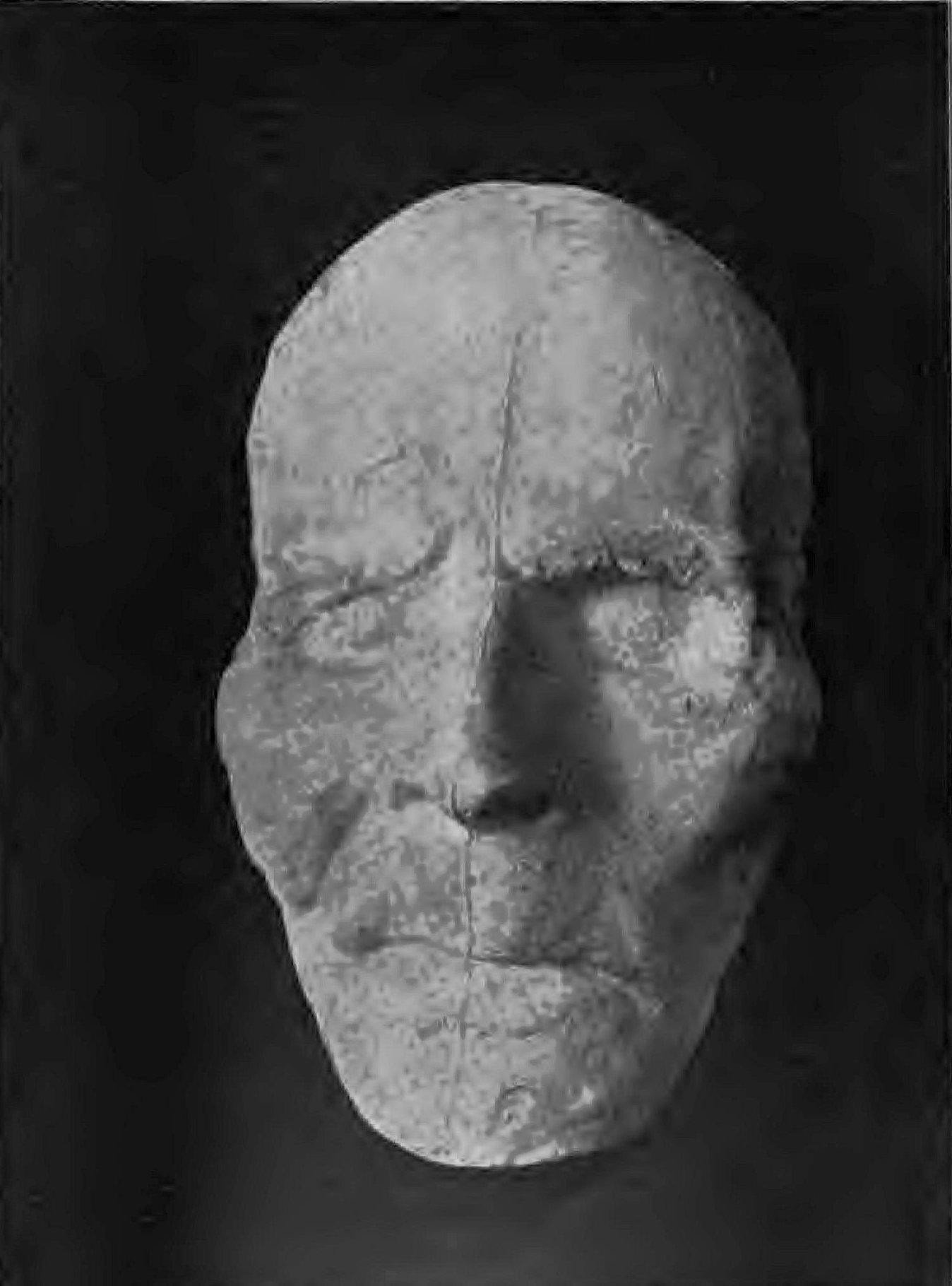 |
| Adam Weishaupt´s death mask |
J.M. Roberts' "The Mythology of the Secret Societies" begins with a
disclaimer: it's not really a history of the secret societies themselves, but
rather a history of conspiracy theories about secret societies. The disclaimer
sounds like false modesty, since the book *does* cover the history of secret
societies, most notably the Freemasons. The Illuminati, the Carbonari and the
revolutionary circle around Buonarotti are also mentioned.
But yes, the real point of the work is to trace the evolution of conspiracy thinking about these societies. Still today, conspiracy writers claim that "the Masons rule the world", or believe that the Illuminati are behind all wars, economic crises and political assassinations. (Actually, the real Illuminati was a group in Bavaria active during the 1770's and 1780's.)
What I found particularly interesting about this book - but not very surprising - is the political pedigree of these conspiracy theories. They hail from the French monarchist right, the aristocratic refugees fleeing the French revolution. The point of the conspiracy theories, then, was to defend the ancien regime. Today, however, these "throne and altar" conspiracy theories have been taken up by conservative-libertarian groups in the United States, New Age groups, and others who should logically oppose the French aristocrats (and frequently do). Something similar is the case with the American conspiracy theories of the late 1700's, originally connected with the Federalists and directed against the Jeffersonians, but later taken up by groups who oppose Hamilton and support Jefferson! (This issue, however, is not mentioned in Roberts' book, which concentrates on Europe.)
That a theory can wander from one end of the political spectrum to completely different ends, in itself requires further study...
"The Mythology of the Secret Societies" fills a gap, since many other books on conspiracy thinking don't dig deep enough, but concentrates on 20th century developments (for instance, Barkun's otherwise excellent "A culture of conspiracy"). Roberts has followed the trail of conspiracist thinking back to the French revolution and even earlier, thus giving us a necessary historical background.
No comments:
Post a Comment